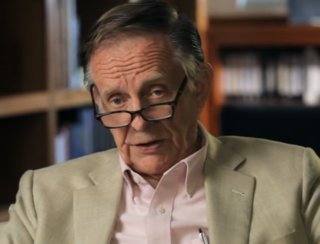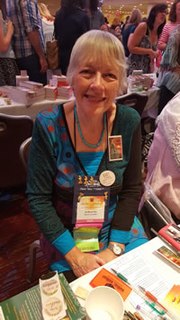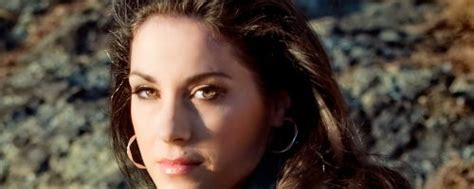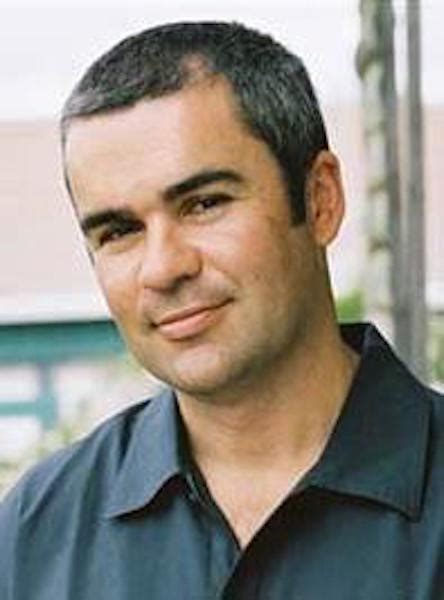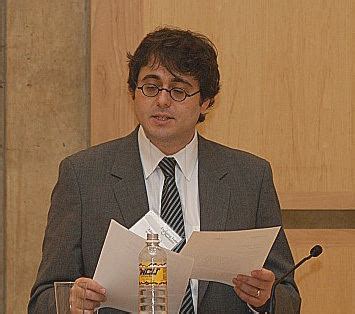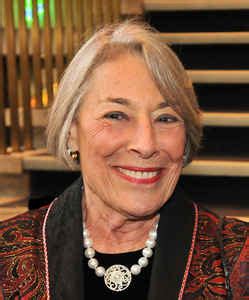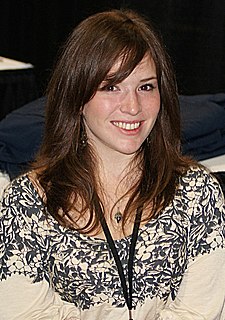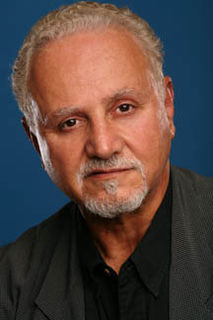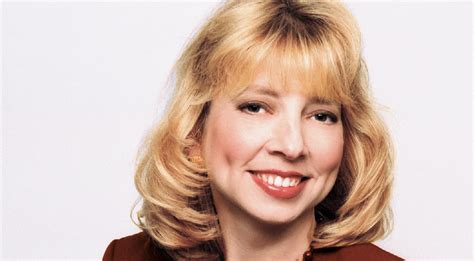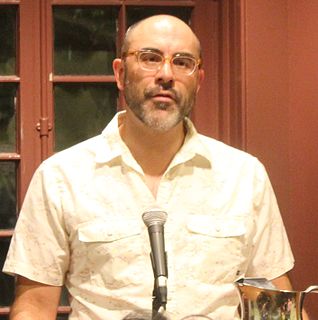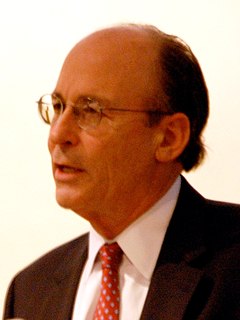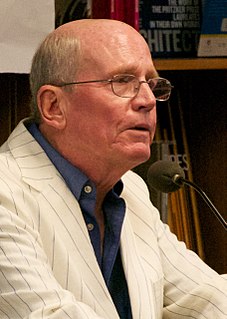Top 1200 Book Readers Quotes & Sayings - Page 4
Explore popular Book Readers quotes.
Last updated on November 15, 2024.
My books are based on the "what if" principle. "What if you became invisible?" or "What if you did change into your mother for one day?" I then take it from there. Each book takes several months in the long process of writing, rewriting, writing, rewriting, and each has its own set of problems. The one thing I dislike about the writing process is the sometimes-loneliness of it all. Readers only get to see the glamour part of a bound book, not some of the agonizing moments one has while constructing it.
I have a total responsibility to the reader. The reader has to trust me and never feel betrayed. There's a double standard between writers and readers. Readers can be unfaithful to writers anytime they like, but writers must never ever be unfaithful to the readers. And it's appropriate, because the writer is getting paid and the reader isn't.
I'm no longer religious, but the Bible fascinates me. Hardly anyone reads it anymore, but it's got everything: it's a book of poetry, it's a book of principle, it's a book of stories, and of myths and of epic tales, a book of histories and a book of fictions, of riddles, fables, parables and allegories.
Making 'Birdsong,' on the one hand you have how prestigious it is and the reputation of the book, which is something that's an extraordinary piece of work. Sebastian Faulkes is a genius. So you feel that responsibility when you're portraying that character that he's imagined and millions of readers have pictured.
I allude to Back to the Future in the 1985 story to let folks know it was an inspiration and because it literally was the most time-travelly bit of pop culture we had in the mid 80's. I can talk about their tools for considering change. First, the book is metafictive in a traditional sense where I'm showing and telling the reader that the act of writing and reading is a reflexive way to push boundaries of real and literal time travel. Writers and readers are time travellers. The question is what we do with that time we traveled when we leave a book, leave a page.
Literary men now routinely tell their readers about their divorces. One literary man who reviews books wrote, in reviewing a study of Ruskin, that he had never read a book by Ruskin but that the study confirmed him in his belief that he didn't want to read a book by Ruskin. This man very often writes about his family life.
